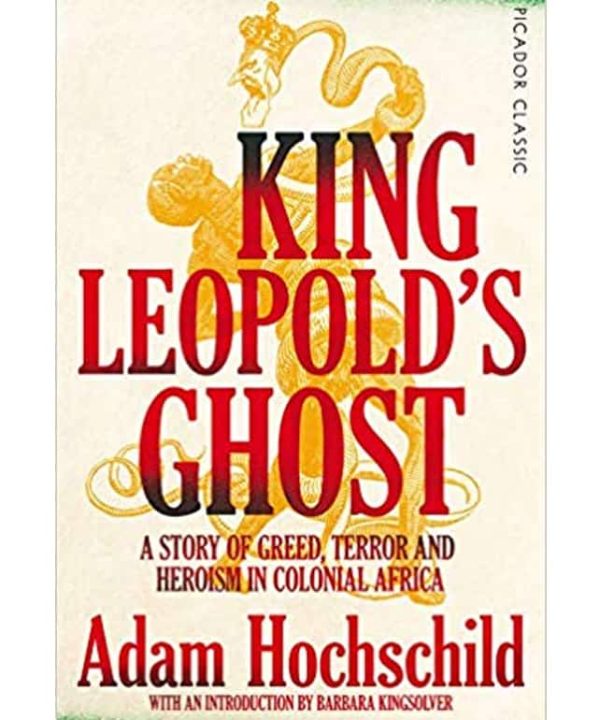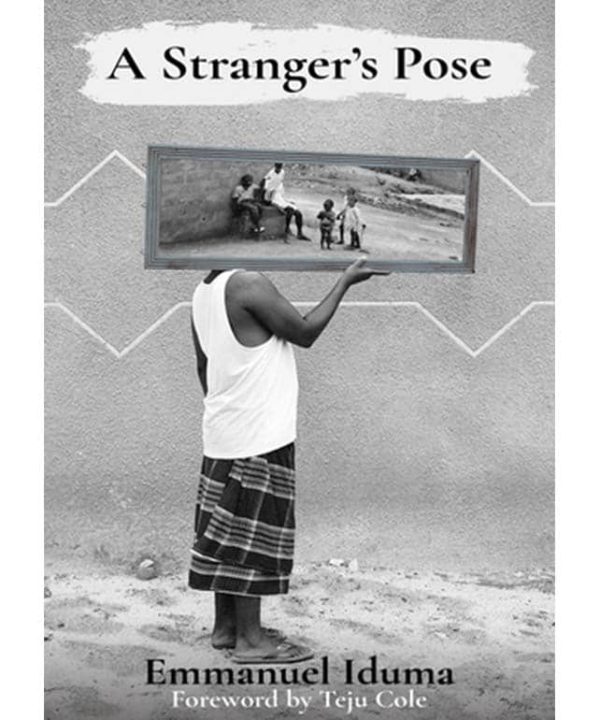-
×
 Bank of Deposits
1 × ₦2,000.00
Bank of Deposits
1 × ₦2,000.00 -
×
 Option B: Facing Adversity, Building Resilience, and Finding Joy
1 × ₦5,500.00
Option B: Facing Adversity, Building Resilience, and Finding Joy
1 × ₦5,500.00 -
×
 Black and British: A Forgotten History
1 × ₦20,000.00
Black and British: A Forgotten History
1 × ₦20,000.00 -
×
 We Should All Be Feminist
1 × ₦2,250.00
We Should All Be Feminist
1 × ₦2,250.00 -
×
 King Leopold's Ghost
1 × ₦12,500.00
King Leopold's Ghost
1 × ₦12,500.00
The Dynamic Intersections of Economics, Foreign Relations, Jurisprudence and National Development
₦40,000.00
In today’s tumultuous world, global dynamics oftentimes have a direct bearing on what happens in the domestic environment as the context determines. That intermestic context may be shaped by the volatilities and unpredictability of the extant political, socio-economic, technological, environmental, and legal milieu, thereby impacting the lives of ordinary people in a positive or negative way. The reasons are not far-fetched: a rules-based legal orthodoxy and global interconnectedness more often than not prevail. This orthodoxy is patently imperfect and the fractures therein, at times, end in deeper complexities, a failure of diplomacy, and, in extremis, serious conflict and war.
These interrelated issues are examined in thematic prisms hence the division of the book into five parts.
Part 1, assesses pertinent themes in foreign affairs, geopolitics, and international jurisprudence.
Part 2, examines options for constitutional reform in Nigeria, including land use reform, parliamentary democracy, rotational presidency, and other contemporary jurisprudential concerns.
Part 3, robustly engages national development and cross-cutting themes including national security and criminal law; effective state craft and the balance of meritocracy and partisanship; electoral reform; and Nigeria’s petroleum subsidy conundrum, whilst advancing pragmatic policy recommendations.
Part 4, deals with corporate law and governance, leadership, and technology. Salient topics here include, but are by no means limited to, the innovatively disruptive impacts of artificial intelligence, adaptive leadership and cultural relativism, boardroom dynamics and protecting minority shareholders, private equity, and circumstances in which board directors may be removed.
Part 5, the final chapter, undertakes a de facto socio-economic evaluation on of trickle-down aviation economics, trickle-down economics, market efficiency and the petroleum regulatory regime in Nigeria, public-private partnerships (PPPs) and digital inclusion; the insurance sector’s contribution to gross domestic product and a comparative analysis of sovereign debt restructuring.
The singular thread that connects all the chapters of this book is a realistic aspiration for a safer, more peaceful, and prosperous global order on which development transpires at the local level.
The international comparisons are intentional as is the reference to Nigeria, Africa’s most populous country (circa 222 million) and largest economy, which the International Monetary Fund estimates will scale USD573 billion in 2023.
4 in stock


 Bank of Deposits
Bank of Deposits  Option B: Facing Adversity, Building Resilience, and Finding Joy
Option B: Facing Adversity, Building Resilience, and Finding Joy  Black and British: A Forgotten History
Black and British: A Forgotten History  We Should All Be Feminist
We Should All Be Feminist  King Leopold's Ghost
King Leopold's Ghost 





Reviews
There are no reviews yet.